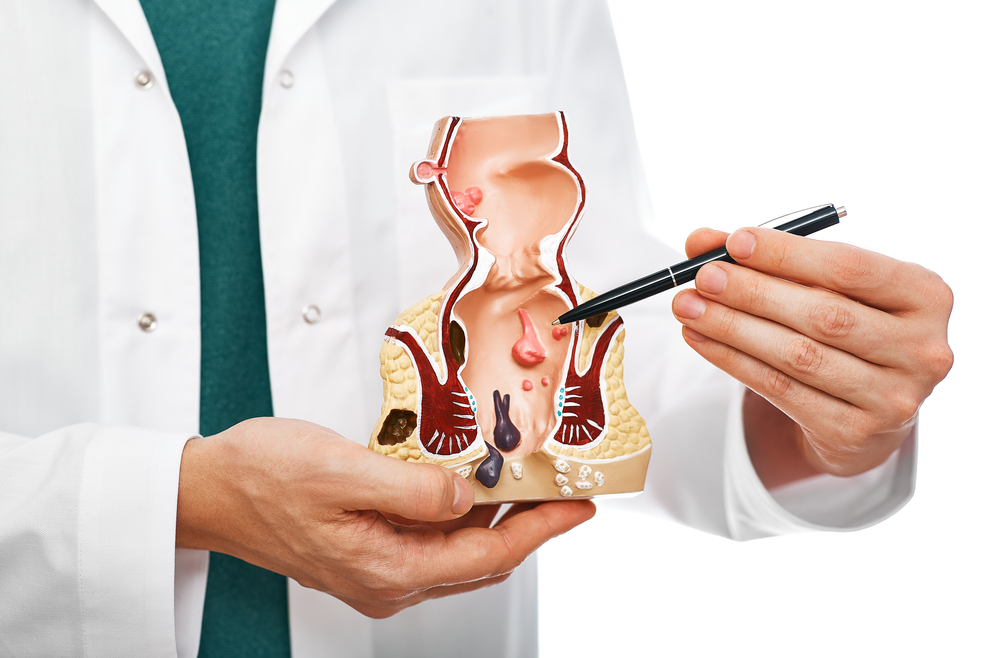Carcinoma rectum is a type of cancer that develops in the rectum, the lower part of the colon which connects our large bowel to the anus. Its most important function includes formation of stool for be..
Carcinoma rectum is a type of cancer that develops in the rectum, the lower part of the colon which connects our large bowel to the anus. Its most important function includes formation of stool for better evacuation. Our colon is made up of 3 layers, mucosa, muscularis propria and mesorectum. There are muscles and layers in our rectum that help in the sound functioning of our excretion system, but lymph nodes, also known as regional lymph nodes, mostly make the surroundings of our rectum. They are an important factor of our immune system. These layers assist in secretion of harmful external elements like bacteria and viruses. The most critical stage is when the harmful cancer cells spread from the rectum to the lymph nodes, and then to other body parts. Mucosa is the organ which is mostly affected. This cancer affects both men and women equally. Treatment of this kind of cancer involves detailed study about the spread of the infection surrounding lymph nodes. The rectum is a major part of the colon, and its complicated position hinders all the treatment, making it more serious compared to colon cancer.

The symptoms might vary as per the level of severity. These include:
- Bleeding from the rectum.
- Excessive threads of blood in the stool.
- Varied bowel habits.
- Excessive secretion of stools, gas, or repeated diarrhoea.
- Growth of rectal mass in the passage of stool.
- Obstruction in bowel movement.
- Anemia, fatigue, and at times loss of breath.
- Incomplete secretion of stool.
- Unexplained weight loss.

No cancer grows overnight. Carcinoma rectum is also a slow process. In its initial stage or the precancerous stage, it is known as polyps. They have the tendency to convert into cancer cells, and at a later stage affect the wall of our rectum.

Studies over a period of time have shown that following factors play an important role in developing them:
- After 50 years of age.
- Excessive smoking.
- Family history of carcinoma rectum.
- Fat rich diet mostly consisting of animal fat.
- Bowel disease.

If there is a family history of developing such cancer, one should get regular screening tests to protect themselves from the disease. Other prevention measures include:
- Quitting smoking.
- Limiting alcohol consumption.
- Limiting consumption of red meat.
- Maintaining a healthy weight.
- Being physically active.
- Substantial intake of calcium, vitamin D, and multivitamins containing folate.
Our superspecialist doctors provide the highest quality of care through a team-based, doctor-led model. Trained at some of the world's most renowned institutions, our highly experienced doctors are distinguished experts in their respective specialities. Our doctors work full-time and exclusively across Medanta hospitals. In addition to offering superspecialised care in their own field, the Medanta organisational structure enables every doctor to help create a culture of collaboration and multispecialty care integration.
Our superspecialist doctors provide the highest quality of care through a team-based, doctor-led model. Trained at some of the world's most renowned i..... Continue Reading


